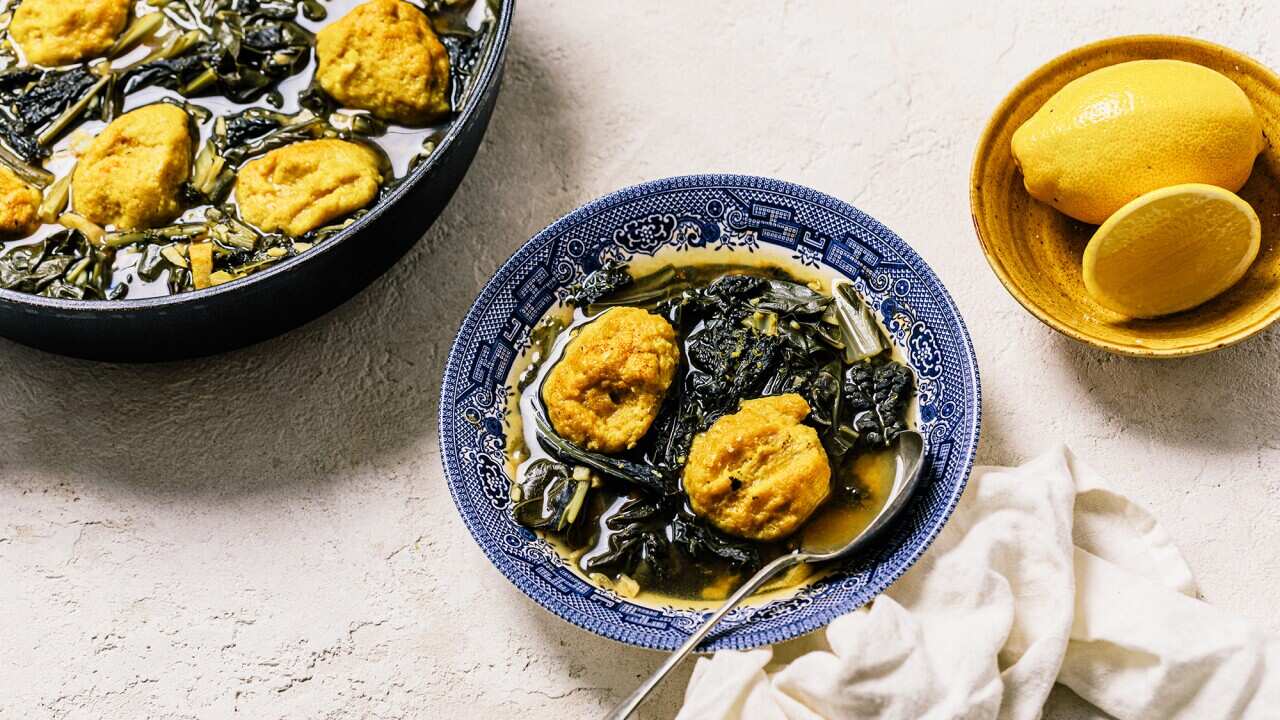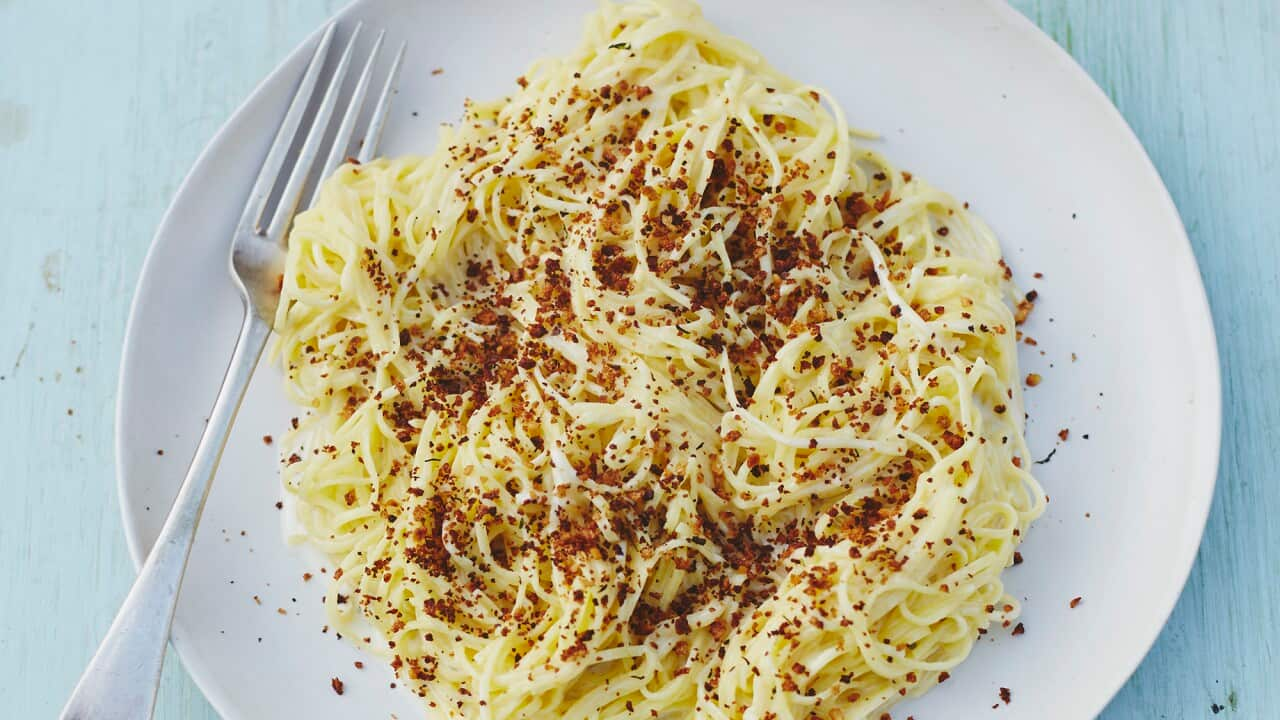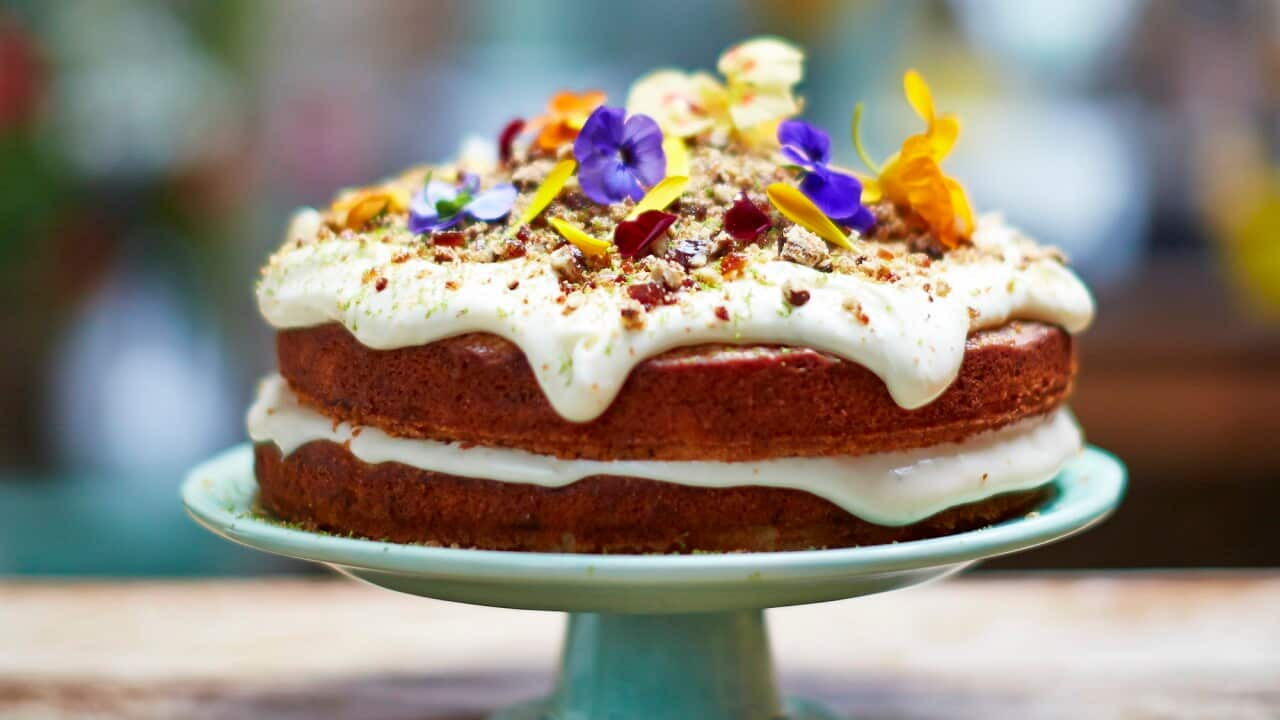makes
3 litres
prep
30 minutes
difficulty
Easy
makes
3 litres
serves
preparation
30
minutes
difficulty
Easy
level
Ingredients
- 1 kg carrots
- 1½ tbsp coarse sea salt
Kimchi paste
- 1 tbsp gochugaru, Korean chilli powder (see Note)
- 50 g shredded leek
- 1 tsp minced garlic
- 1 tsp finely grated ginger
- 100 g shredded fresh daikon (mooli)
- ½ tsp fish sauce
- 1 tbsp salt
You will need one jar, approx. 3 litres for this recipe
Standing time 10 hours or overnight
Instructions
Peel and shred the carrots. Place them in a bowl, add salt and cover with water.
Leave to stand for about 10 hours or overnight at room temperature.
Check the seasoning (see Note) and rinse the carrots a few times in cold water.
For the kimchi paste, mix together all the ingredients. Add the carrots and mix thoroughly. Place them in a jar or container with a tight-fitting lid.
Put it in the fridge and leave to stand for 10 days. It will keep fresh for at least 1 month.
Note
• Gochugaru is a Korean red chilli paste is a traditional Korean condiment used to bring rich spiciness. It can be either coarse or fine and is available from most Asian grocers.
• A good kimchi contains the right amount of salt. To get it right it's important to taste the vegetable after salting. If it's very salty the vegetable needs thorough rinsing, and so rinse multiple times until it tastes just slightly too salty. If the salt levels are just right it's probably undersalted so add additional salt.
This recipe was published in (hbk $29.99). Read our review .
Cook's Notes
Oven temperatures are for conventional; if using fan-forced (convection), reduce the temperature by 20˚C. | We use Australian tablespoons and cups: 1 teaspoon equals 5 ml; 1 tablespoon equals 20 ml; 1 cup equals 250 ml. | All herbs are fresh (unless specified) and cups are lightly packed. | All vegetables are medium size and peeled, unless specified. | All eggs are 55-60 g, unless specified.









